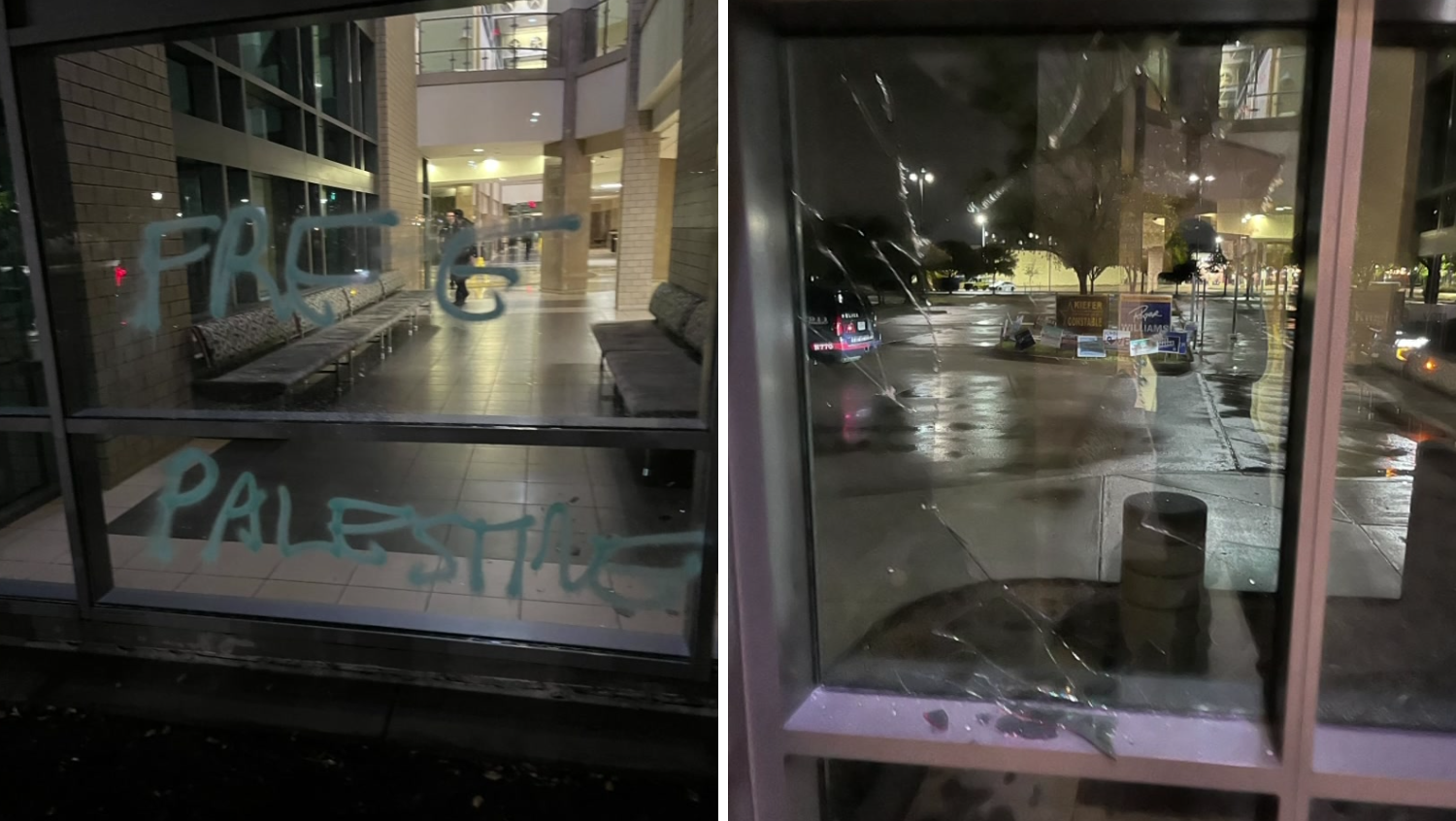NBC 5 Investigates has found a major flaw in how Texas measures wait times at Department of Public Safety Driver's License Offices.
The numbers DPS currently collects make the wait times appear shorter than they really are. More accurate measurements could help reduce the long lines that cause daily frustration at DPS offices across the Dallas-Fort Worth Metroplex.
On a recent 97-degree summer day, the line at the DPS license office in Plano snaked outside into the parking lot. People waited in the Texas heat for an hour or longer just to get in the front door.
"I've been here for three years [and there's] been a line like this ever since the day I walked through the door," a DPS staff member told the people in line.
Get top local stories in DFW delivered to you every morning. Sign up for NBC DFW's News Headlines newsletter.
The staff member said it would likely take an hour to get inside and then at least another hour from there.
Other DPS offices across the Metroplex had even longer waits, with some people waiting three hours or more. NBC 5 Investigates often saw empty spots at the counter with no one to help. Some frustrated customers simply gave up and left.
"Man, it was hot. I've been in there three hours and still haven't got help," said Reggie Arrant, who spent a day off work waiting at the DPS office in Hurst.
Local
The latest news from around North Texas.
To see how the problems might be fixed, NBC 5 Investigates traveled to Indiana, where the state has aggressively reduced driver's license wait times in recent years.
Indiana Gov. Mitch Daniels hired a new management team to redesign the state's Bureau of Motor Vehicles. They hired management from retail stores, where customer service matters, and started paying workers incentives for providing better service.
"We were no better, I promise you than Texas or anywhere else a few years ago," Daniels told NBC 5.
Daniels decided things had to change because millions of people spending hours in line also meant millions of hours of lost productivity.
"There's a very literal cost -- not just in aggravation, but in precious time, which is money," he said.
One of the key changes Indiana made was installing a new touch-screen computer system that allowed customers to check-in. This eliminated the line at the door and allowed the state to track how long each person was waiting from the minute they walked in.
Scott Waddell, Indiana BMV director, said the system also alerts staff if average wait times exceed 20 minutes at a single office, and they are given resources to take instant action.
"In fact, the BlackBerries start going off if it exceeds 20 minutes," Waddell said.
Managers can call in extra workers from nearby locations to help eliminate the lines.
Right now, the average license office visit in Indiana takes just 14 minutes and 28 seconds. Even in metropolitan Indianapolis, average wait times rarely exceed 15 to 20 minutes. Wait times are analyzed daily to identify and address slow points.
"We operate here in Indiana state government on the old business principle -- if you're not keeping score, you're just practicing," Daniels said.
NBC 5 wondered if Texas tracked wait times at DPS offices and started asking the state for records. DPS provided dozens of official-looking charts and graphs, but when NBC 5 Investigates looked closer, the team discovered the numbers don't mean much and uncovered a big flaw in how the DPS measures wait times.
Rebecca Davio, one of the state's top DPS license office administrators, admitted in an interview that the DPS does not measure the amount of time it takes to reach the check-in counter.
The DPS doesn't start the wait-time clock until people reach someone at the counter who hands them a ticket. The agency has another name for the line to get inside the office -- the "pre-wait."
"We need good data to the fix the problem," Davio said. "We do not have the complete picture of the total wait time."
NBC 5 also discovered another problem in the records sent by the DPS.
A DPS document states that some license offices "experienced large increases in the number of tickets processed in under 60 seconds." These numbers "may represent walkouts"—people who gave up waiting and left—which can result in "artificially lower" transaction times.
In other words, the state gets credit for quickly helping those who give up and walk out.
"Having artificially lowered transaction times doesn't help us do the job we want to do for our customers," Davio said.
In July, the DPS installed a touch-screen computer check-in—similar to the ones Indiana uses—at two offices in Austin as a test. If it works, the DPS plans to bring the machines to Dallas and Fort Worth. For the first time, Texas could accurately measure how long people actually wait.
Right now, the state charts show average visit times of about 55 minutes at DFW area offices in May, not including "the pre-wait."
In June, times improved slightly across the state, but at eight out of 15 DFW locations, average visit times were worse than in June of last year.
In Indiana, the license offices are celebrating being named the best in America by a group of DMV administrators.
Although the state is smaller than Texas—its population is about the size of the Dallas and Fort Worth area—the governor insists that any state can do it with the right people and information.
"I think some states are just defeatist about this," Daniels said. "They think it's a fact of life -- lousy, rotten service, long waits, best you can do -- but it isn't."
The Texas DPS would not let NBC 5 Investigates speak to the agency's director. Ada Brown, the local DFW representative on the Public Safety Commission that oversees the DPS, refused to meet with NBC 5.
The Texas DPS insists that it's trying many of the same solutions Indiana used. It is also spending tens of millions of dollars on two new license "megacenters" in Garland and Fort Worth and claims wait times will get better when those offices open sometime by early next year.
"We want the transaction at the driver's license office to be as quick and efficient as possible," Davio said.
How long was your last trip to a DPS office? Let NBC 5 Investigates know on Facebook or on Twitter using #DPSwaits.



